El Toque / photographs by Hitch
Cuba’s Small Businesses Step Up in Fight Against Covid-19
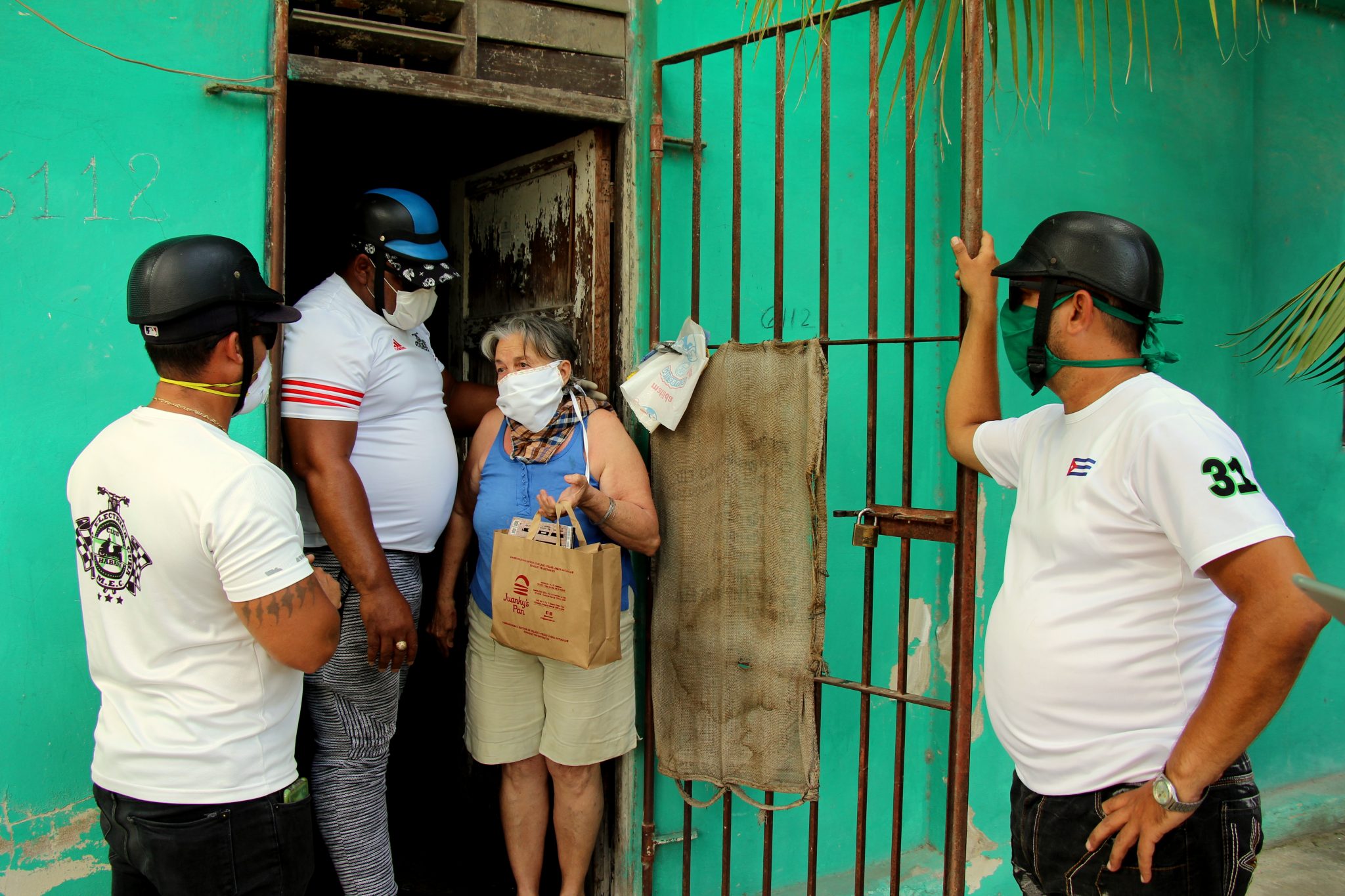
Albert Einstein once said, “let’s not pretend that things will change if we keep doing the same things…all crises bring progress…It’s in crisis that inventiveness is born, as well as discoveries made and big strategies.” The words of the German physicist resonate during the health crisis that has engulfed the world, from which Cuba is not been spared. In spite of the discouraging outlook before us, creativity and progress have blossomed in these tough times. And at least for the time being, the government has displayed a different attitude toward private sector initiatives. which seems to confirm the theory that crises produce not only better people, but better countries.
Even though functional alliances between the Cuban private and state-owned sectors are still limited and very cautious, it is important to stress that the Covid-19 crisis has laid the foundation for the emergence of unprecedented cross-sector collaborations. Examples abound of the support Cuban entrepreneurs and business owners have given to local authorities in order to provide stability, support social distancing measures, contribute to the production of protective gear for healthcare staff and general population, and guarantee assistance to the most vulnerable groups in our society.
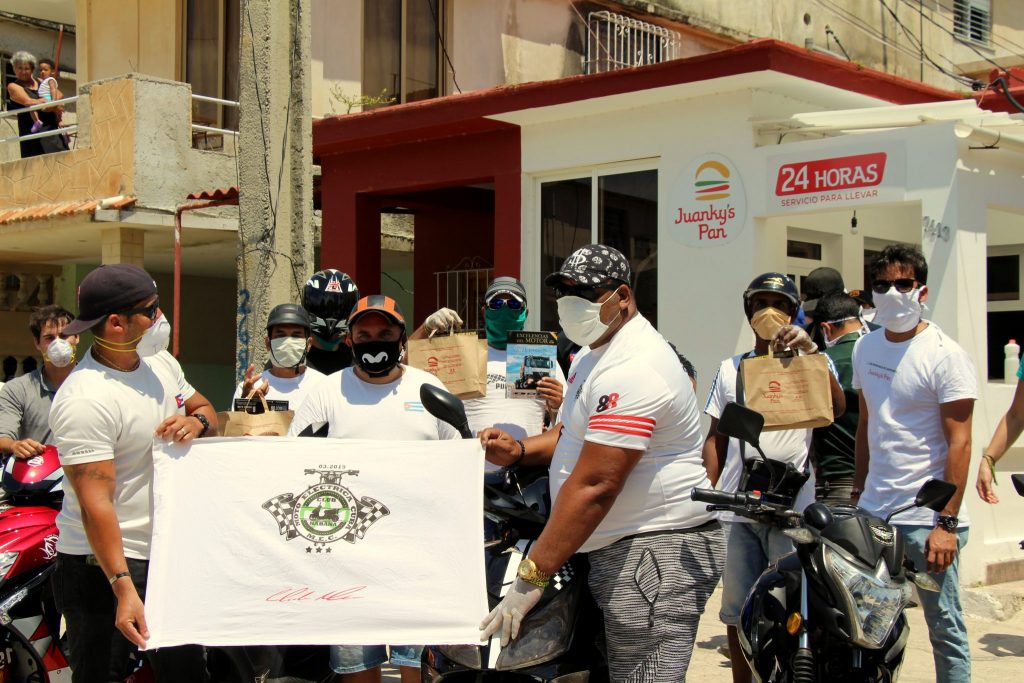
Among the pioneers of this movement is the Club de Motos Eléctricas de Cuba (Cuban Electric Motorcycle Club or MEC), a network of scooters enthusiasts that responded immediately to the government’s call for social distancing by teaming up with food vendors to provide delivery services. Mandao Express, a Havana-based private courier service, has also played a key role in facilitating social distancing, offering its services to many restaurants and coffee shops like Juanky’s Pan, enabling these to stay in business and provide free food to the elderly.
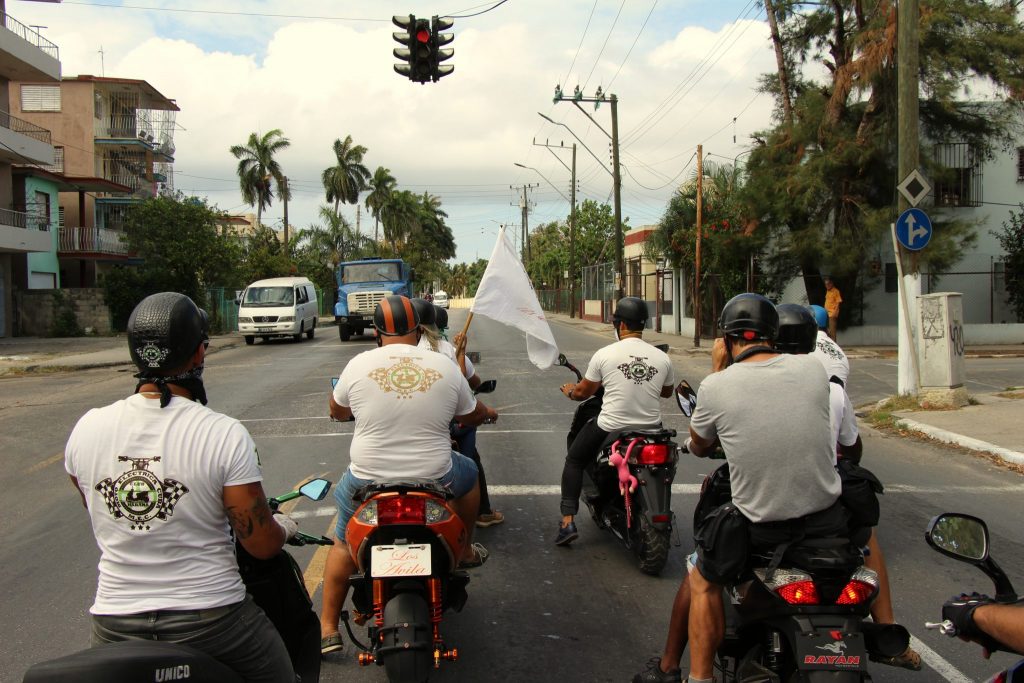
Bella Ciao, a restaurant located in Buena Vista neighborhood of Playa, also responded to the crisis by identifying the most vulnerable members in its neighborhood and coordinated with the local CDR (neighborhood block committees tasked with mobilizing support for the government) to provide them with free meals.
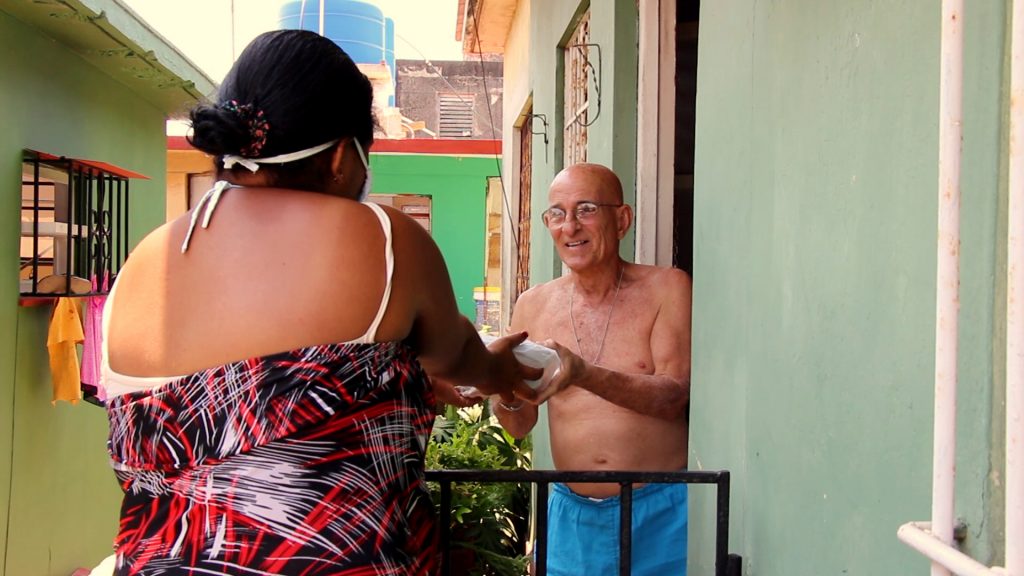
Other examples of collaboration between the private and state sectors have stemmed from the field of tech, in which entrepreneurs specialized in digital fabrication have had manufactured 3D-printed facemasks and spare parts for critical equipment at the Cuban hospitals, such as ventilator valves.
We can find these and other examples of entrepreneurial support through their services, even pivoting their businesses to address local needs. This proves that the private sector is already an intrinsic part of Cuban society and has achieved a level of organization higher than what is often recognized.
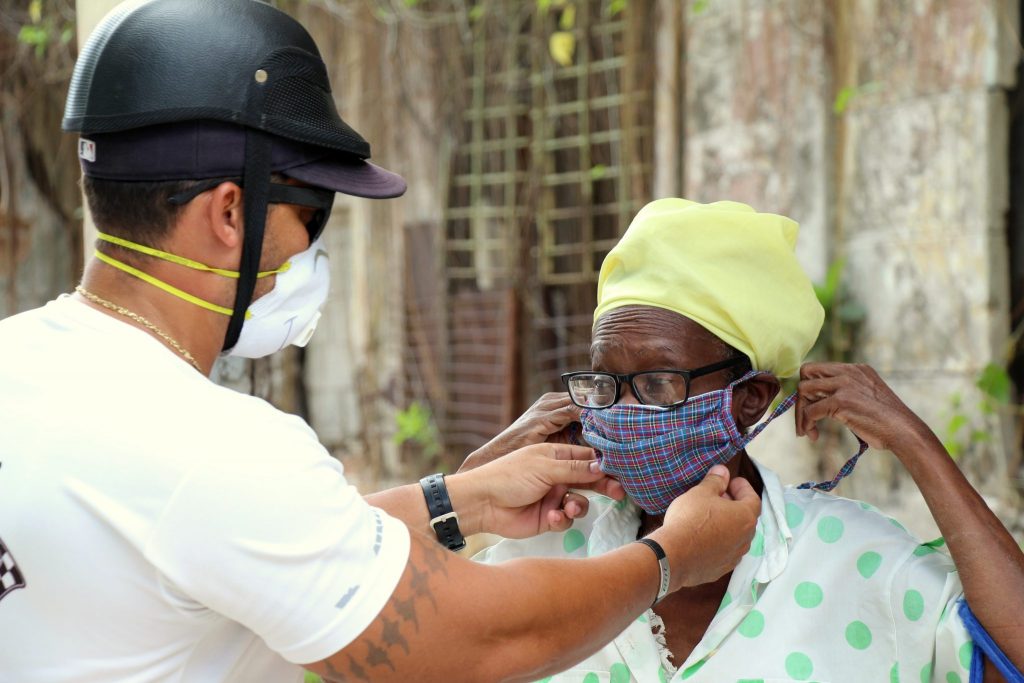
At the same time, it is important to note that the visibility of the private sector has increased not only due to its coverage in independent media. Official outlets such as Mesa Redonda (TV official channel of communication belonging to the government), Juventud Rebelde (Cuban official newspaper), and CubaDebate (breaking news website), have recently started recognizing and even celebrating the great impact small private businesses have had in these adverse circumstances.
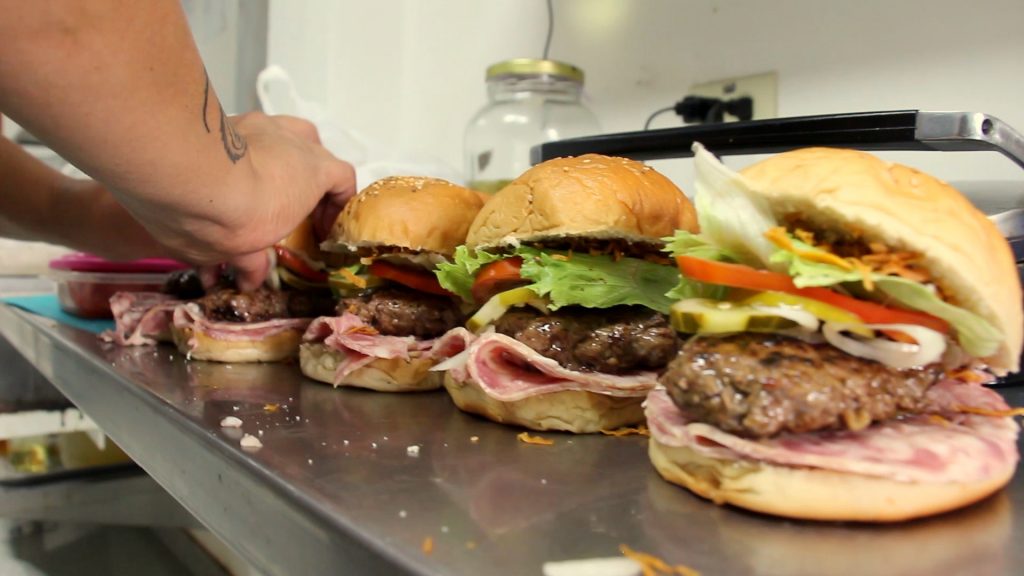
Certainly, this represents another step forward in increasing cooperation among sectors. To this end, ideas in all forms and scope continue to pour into our society. It seems after all that things are just as Einstein said: “let us stop, once and for all with the only dangerous crisis, which is the tragedy of not being willing to overcome.”
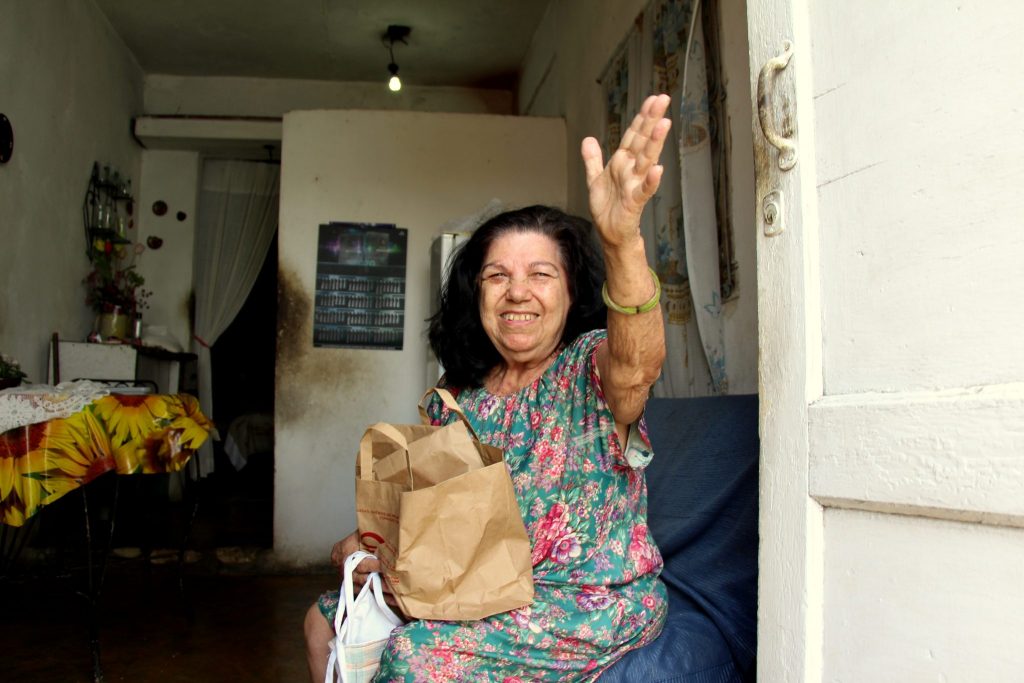
Photos by Hitch
BACK TO NUEVOS ESPACIOS